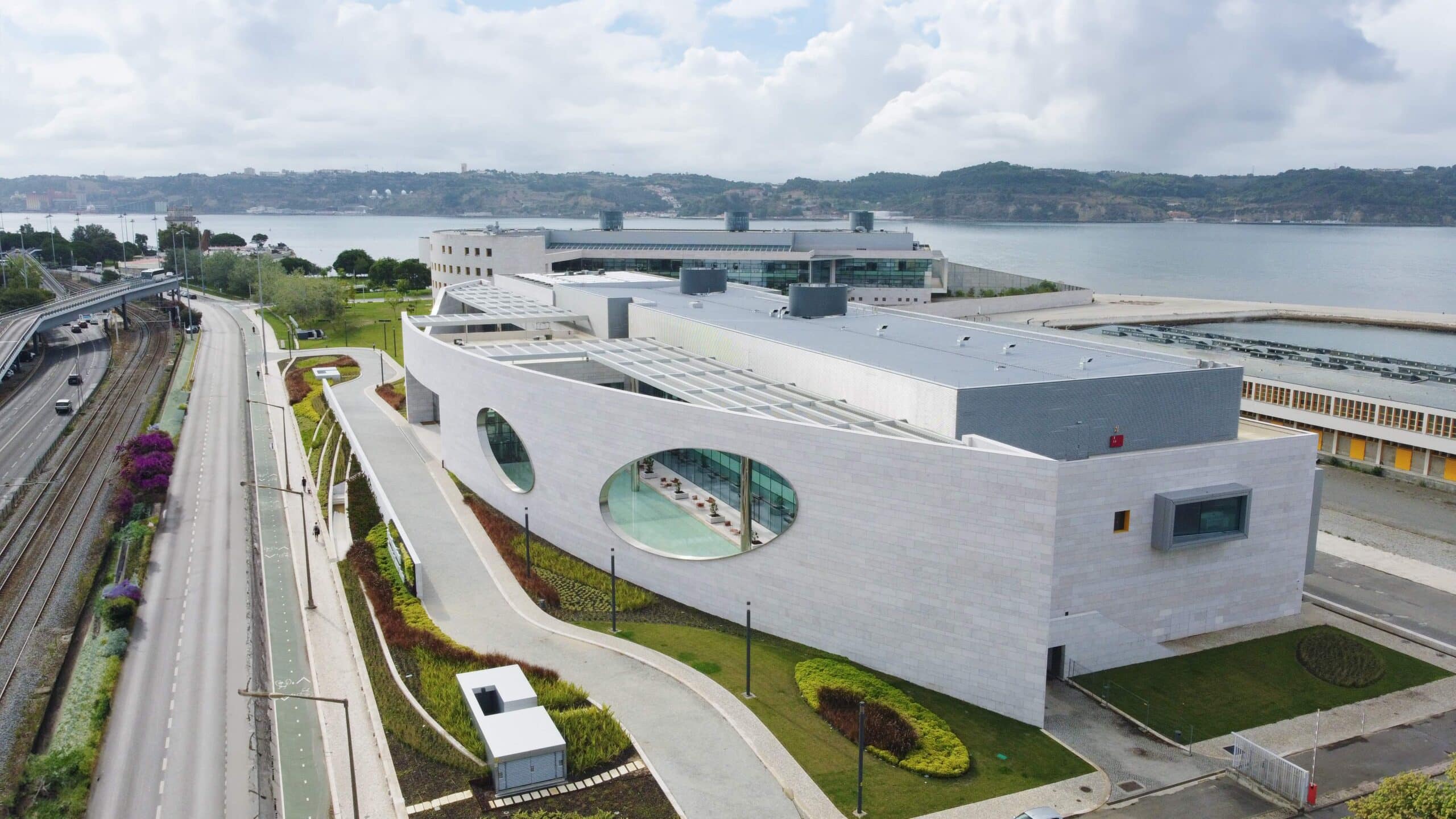“Lung cancer is currently the leading cause of cancer-related deaths worldwide, mainly due to lack of early diagnosis”, says Champalimaud Clinical Centre Pulmonologist Dr Susana Simões. But today, the lethal disease can be managed.
“Lung cancer It is the most lethal cancer in the world and the second most incident after breast cancer in women and prostate cancer in men “, explains Dr Susana Simões, a pulmonologist at the Champalimaud Foundation’s Lung Unit in Lisbon, adding that “70% of diagnoses are made in stage 4“, meaning that the cancer has spread to other organs or parts of the body. This is “mainly due to the lack of early diagnosis, and because the symptoms that cause patients to seek medical advice appear late in the course of the disease“, laments the specialist.
Apart from high-risk individuals over the age of 50 who have smoked the equivalent of a pack of cigarettes daily for 20 years, or have stopped smoking less than 15 years ago, for whom screening is highly recommended, sadly, there aren’t any lung cancer screening programmes yet.
At the Champalimaud Clinical Centre (CCC), the Foundation’s state-of-the-art medical, scientific and technological institution, unscreened lung cancer patients usually come through a smoking cessation appointment. “Every individual who comes to the consultation enters a screening programme“, since individuals who smoke are high-risk cases. “It is what we call opportunistic screening”, she says.

However, although 80% of lung cancer patients are smokers, in some parts of the world, such as Asia, lung cancer in non-smokers has been associated with air pollution. “At the Champalimaud Foundation, we are researching and trying to understand if there might be another, more biologically recognised cause”, says Dr Simões, whose team is also currently working on developing a simpler and more accessible screening technique that won’t involve the risks of radiation, “through a respiratory biopsy that can evaluate the chemical constituents of exhaled air”, she explains.
For the lung specialist, the most pressing message is that lung cancer is the leading cause of oncological mortality, but that today it is screenable. “Being screenable implies early detection, because symptoms only appear in late stages, and that’s when we move not to radical therapies to cure the disease, but to therapies to control it”.
These therapies include Chemotherapy, which destroys malignant cells; Targeted Molecular Therapy, in the form of pills, which gives patients more freedom and comfort; and Immunotherapy, which stimulates the immune system to recognise and destroy malignant cells, with the latter working as a complementary mechanism to Chemotherapy, in some cases.
“Before starting any treatment, a genetic test of the tumour tissue must be performed to look for genetic mutations. If there is a genetic alteration, the treatment will target that particular mutation. If there isn’t a mutation, it is a choice between Immunotherapy or Chemotherapy”.
To illustrate the process, Doctor Susana gives the example of Pedro Afonso, one of her “Cancer Champions“, as she calls them, patients who have beaten all odds and gone into total remission. In April 2016, the 47-year-old from the Algarve was diagnosed with stage 4 lung cancer and two months later, following the doctor’s recommendations, took part in a clinical trial during which he underwent bouts of Chemotherapy. Less than a year later, he was in complete remission.
The disease returned two years later, and that’s when Pedro Afonso did an extended genetic study, which revealed a mutation for which a new medication was being developed, “We started with the new drug, and since Pedro began the targeted therapy in 2019, he has been in complete response, with no evidence of the disease”, exclaims the doctor, adding that Pedro’s unique way of looking at life also helped. “In a way, he accepted the disease and didn’t allow it to stop him living”. Pedro himself admits, “For seven years now, I have completely abstracted from the fact that I am sick or that I have a problem”.
For Dr Susana, when treating a cancer patient with an advanced stage of the disease, above all, the goal is to maintain quality of life with the best therapy, maintaining daily activities as much as possible. “To live with the disease, and not for the disease“, she insists.
The Champalimaud Centre for the Unknown
An impressive and futuristic building on Lisbon’s riverfront, the Champalimaud Centre for the Unknown is helping place Portugal at the cutting edge of world science. It is a beacon for new clinical discovery “in the sense that our mission is to discover the unknown and that it also, in a way, pays homage to the navigators who left from here 500 years ago, also to discover the unknown”, explains the Fundação Champalimaud’s Vice-president Dr João Silveira Botelho.

It is where the CCC works hand-in-hand with Champalimaud Research to provide translational, interdisciplinary clinical care, resulting in personalised medicine centred on the patient, allowing for higher efficacy levels in disease control, leading to longer survival and better quality of life.
Thanks to generous donations, it now also features the Botton-Champalimaud Pancreatic Cancer Centre, dedicated not only to deepening knowledge of the biology and evolution of pancreatic cancer but, above all, to developing more innovative forms of treatment and clinical trials, capable of offering patients a better response in controlling the disease.
Inaugurated in 2021, it was funded by a €50M donation made by Spanish couple Mauricio and Charlotte Botton Carasso, former owners of Danone, and a further €50M donation made last November by the German Würth Group and Würth Foundation. “This represents the international recognition and credibility that the Foundation has to attract this type of donation,” affirms Dr Silveira Botelho.
The Centre for the Unknown is also the fourth institution in the world to publish in the neurosciences field and is currently developing an extensive Digital Therapeutics clinical department. This new domain in brain diseases, namely Parkinson’s, Alzheimer’s, dementia and strokes, developed in the United States at Johns Hopkins Medicine, involves monitoring brain circuits through digital therapies, “not toxic therapies, like pills or drugs, only digital therapies, to reconstruct specific fields of the brain that are affected with a disease, or provide space for other circuits within the brain that can somehow be educated to perform functions other impaired areas are no longer capable of doing“, concludes the Foundation’s Vice-President. Yet another step into the Unknown.





















